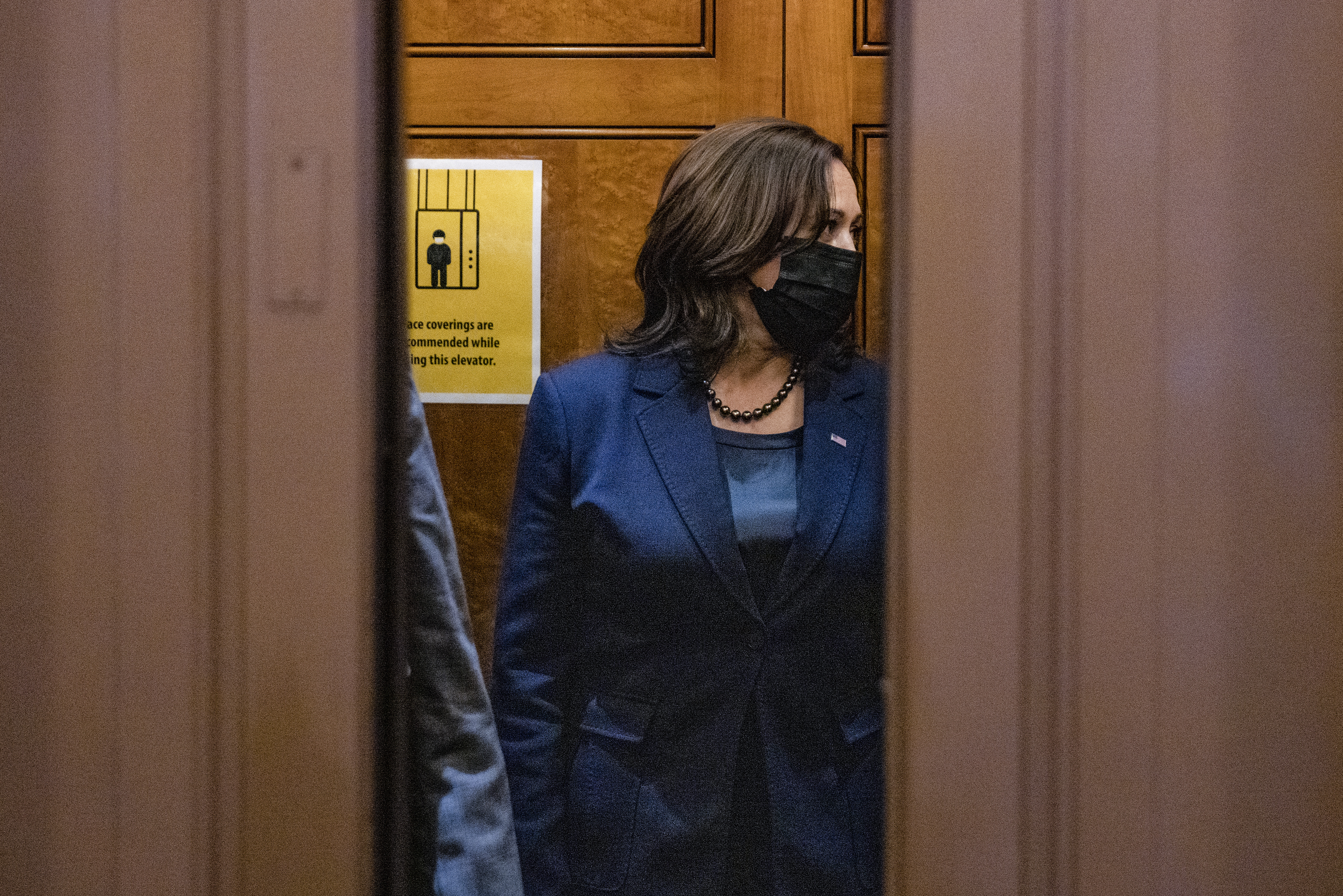The daily business briefing: March 5, 2021
The February jobs report is expected to show modest hiring gains, the Senate starts debate on coronavirus relief bill, and more


A free daily email with the biggest news stories of the day – and the best features from TheWeek.com
You are now subscribed
Your newsletter sign-up was successful
1. Jobs report expected to show modest gains
The Labor Department is expected to report Friday that hiring rebounded modestly in February as the winter coronavirus surge eased. Economists expect the data, the first indication of the employment picture since President Biden took office, to show that U.S. employers added 180,000 jobs in February, better than the 49,000-job increase in January but not enough to make a dent in the 2020 losses due to COVID-19, with the nation still down 10 million jobs from pre-pandemic levels. Analysts expect much bigger gains in the spring, after falling infection levels and increasing vaccinations lead more states to lift restrictions and let more businesses fully reopen. "The scope for a brisk acceleration is clear, though we expect the biggest gains to come later in the spring as the reopening broadens," Ian Shepherdson, chief economist at Pantheon Macroeconomics, wrote ahead of the report.
2. Senate votes to open debate on Biden's $1.9 trillion COVID relief bill
The Senate voted 51-50 on Thursday to open debate on President Biden's $1.9 trillion coronavirus relief package, with Vice President Kamala Harris casting the tie-breaking vote in the evenly divided chamber. Democrats are hoping to pass the bill before next week so the House can sign off on differences with the version it already passed and send it to Biden for his signature before extra unemployment benefits expire. Republicans object to the cost, and argue that such a big package is unnecessary because infection and death rates are falling and the economy is showing signs of recovery. The bill proposes $1,400 stimulus checks to most Americans, as well as money for COVID-19 vaccines and testing, aid for schools and local governments, and other relief. "We are not going to be timid in the face of a great challenge," said Senate Majority Leader Chuck Schumer (D-N.Y.).
The Week
Escape your echo chamber. Get the facts behind the news, plus analysis from multiple perspectives.

Sign up for The Week's Free Newsletters
From our morning news briefing to a weekly Good News Newsletter, get the best of The Week delivered directly to your inbox.
From our morning news briefing to a weekly Good News Newsletter, get the best of The Week delivered directly to your inbox.
3. YouTube CEO: Trump can have his account back once violence risk falls
YouTube CEO Susan Wojcicki said Thursday that the company would lift its suspension of former President Donald Trump's account once "elevated risk of violence" associated with it has faded. The company barred Trump from posting videos in January after determining that he had violated its "policies for inciting violence" in the wake of the deadly Jan. 6 attack on the Capitol by a mob of his supporters. Unlike Twitter, which also suspended Trump, YouTube never said that the ban would be permanent. "We will lift the suspension ... when we determine the risk of violence has decreased," Wojcicki said. Wojcicki didn't offer a specific timeline but said that, after Capitol Police warned of a potential plot to breach the Capitol building on Thursday, it's "pretty clear" the "elevated violence risk still remains."
4. Oil prices surge as OPEC extends production cuts
Oil prices jumped by 4.2 percent on Thursday after the Organization of the Petroleum Exporting Countries and key partners decided to extend most current output cuts through April. Market analysts had been expecting the group to agree to increase production by 1.5 million barrels per day, with Saudi Arabia ending its big cuts. "The Saudi decision to extend their voluntary 1 million bpd cut was shocking as it leaves them vulnerable to losing market share next month when the oil market is in deficit by a couple million barrels," Edward Moya, a market analyst at Oanda, wrote in a note. Moya added that the unexpected extension "pretty much guarantees" that supply will be tight through summer, putting upward pressure on fuel prices.
A free daily email with the biggest news stories of the day – and the best features from TheWeek.com
5. Stock futures mixed after Thursday's plunge
U.S. stock index futures were mixed early Friday following another fall for tech stocks as bond yields rose. Futures for the Dow Jones Industrial Average were up by less than 0.1 percent several hours before the opening bell, while those of the tech-heavy Nasdaq were down by 0.1 percent. Futures for the S&P 500 were flat. All three of the main U.S. indexes fell sharply on Thursday after Federal Reserve Chair Jerome Powell noted the recent increase in bond yields but did not indicate how the central bank would respond to it. The 10-year Treasury yield rose above 1.5 percent after Powell's remarks in a Wall Street Journal webinar, after stabilizing earlier in the week. Investors were expected to focus later in the morning on the release of the February jobs report.
Harold Maass is a contributing editor at The Week. He has been writing for The Week since the 2001 debut of the U.S. print edition and served as editor of TheWeek.com when it launched in 2008. Harold started his career as a newspaper reporter in South Florida and Haiti. He has previously worked for a variety of news outlets, including The Miami Herald, ABC News and Fox News, and for several years wrote a daily roundup of financial news for The Week and Yahoo Finance.
